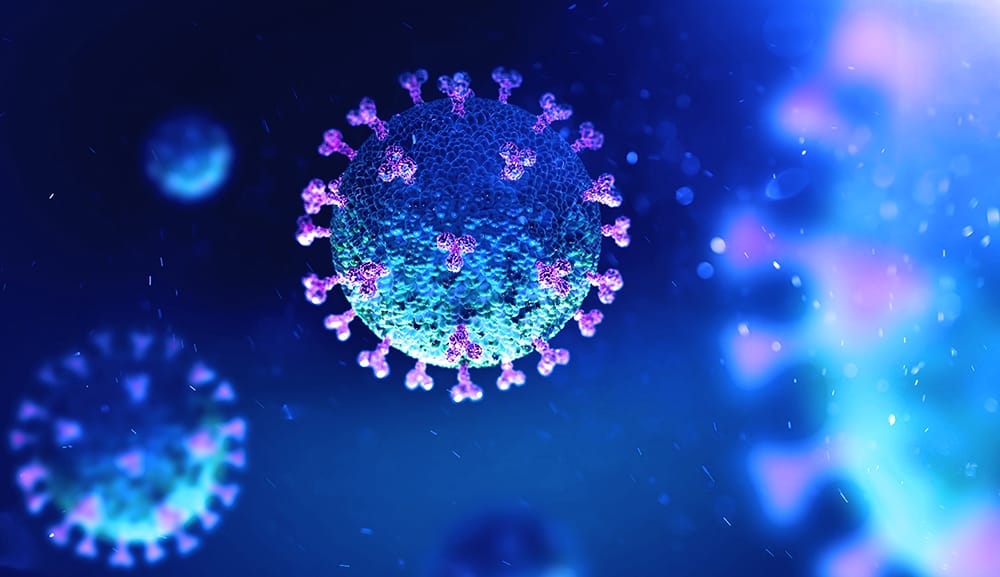Roche’s Actemra®/RoActemra® (tocilizumab) intravenous (IV) has been granted World Health Organization (WHO) prequalification.
Prequalification is a confirmation by WHO that Actemra/RoActemra meets the WHO standards for quality, safety and efficacy for the treatment of COVID-19 in adults who are receiving systemic corticosteroids and require supplemental oxygen or mechanical ventilation.
It helps procurers in low- and middle-income countries identify priority medicines to improve access to care and support better health.
Tocilizumab is a monoclonal antibody that inhibits the Interleukin-6 (IL-6) receptor. Interleukin-6 induces an inflammatory response and is found in high levels in patients critically ill with COVID-19.
So far, the product has been authorized mostly for the treatment of arthritis in about 120 countries worldwide.
Tocilizumab given intravenously has been shown in clinical studies to reduce death in certain patients with COVID-19 who are severely ill, are rapidly deteriorating and have increasing oxygen needs, and who have a significant inflammatory response. In the largest clinical trial (RECOVERY), tocilizumab also reduced patients’ time in hospital.
“People from many low- and middle-income countries continue to feel the devastating impact of COVID-19, and care needs remain unprecedented,” said Bill Anderson, Chief Executive Officer of Roche Pharmaceuticals.
“We’ve partnered with WHO and others throughout the last year to ensure that our COVID-19 medicines and tests can potentially reach more than 100 low- and middle-income countries, and WHO’s prequalification of Actemra/RoActemra is just one of the paths taken together to achieve this. We will keep working tirelessly so that our COVID-19 care options reach as many people in need as possible.”
Actemra/RoActemra and Ronapreve™ (casirivimab and imdevimab, known as REGEN-COV® in the United States) were recommended in WHO’s Therapeutics and COVID-19 Living Guideline last year.
Roche has established a comprehensive access approach to improve availability of both medicines around the world. This includes:
- Providing Actemra/RoActemra at cost to WHO and partners of the Access to COVID-19 Tools Accelerator (ACT-A) Initiative, to distribute to low- and middle-income countries in line with public health needs, thereby building on the significant portion of Actemra/RoActemra supply that Roche has provided to upper-middle- and lower-middle-income countries since the beginning of the pandemic.
- Working with ACT-A partners/UNICEF to donate Ronapreve, together with Regeneron, to support the most vulnerable communities in low-and middle-income countries in the event of future variants for which Ronapreve might have utility.
- Not asserting any patents against the use of Actemra/RoActemra in COVID-19 in low- and middle-income countries during the current pandemic (alongside Chugai), to provide legal certainty for biologic manufacturers who are ready and able to produce the medicine.
- Implementing an international differentiated pricing strategy specifically designed to address needs during this pandemic and improve affordability across upper-middle-, lower-middle- and low-income countries.
- Overcoming industry-wide supply challenges as the pandemic has evolved, including dedicating Roche’s largest manufacturing facility exclusively to producing COVID-19 medicines and working with partners to transfer technologies to maximise production.


